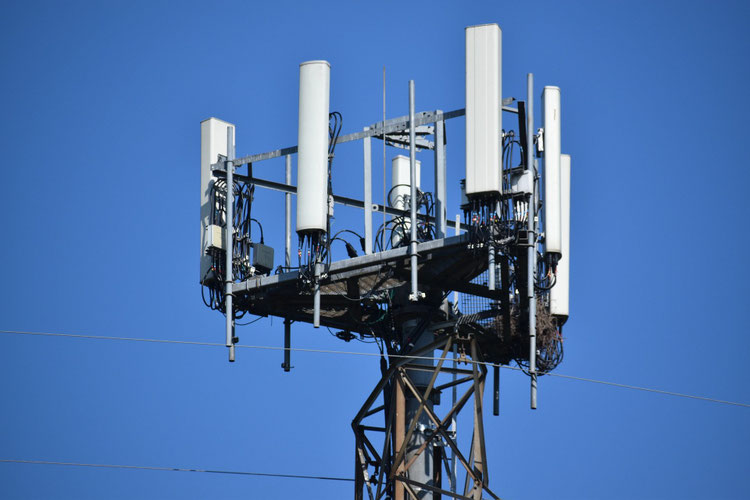Rakuten and Telefónica partnership to advance Open RAN mobile technology
5 minutes read
29 September 2020

On September 16, 2020 Rakuten Mobile, Inc., and Telefónica, S.A. announced the signing of a Memorandum of Understanding (MoU) to partner on the development of new mobile network technology including OpenRAN, 5G Core networks and OSS (operations support systems).
Rollout of open RAN technology in Europe has been relatively low scale so far and we believe that Telefonica wishes to use Rakuten’s expertise of deploying open RAN in Japan to accelerate its own 5G deployments. The technology allows mobile operators to run the radio management software in edge data centres instead of, as was traditionally done, running it on dedicated hardware installed at each base station. This allows for simplification of the build, lower costs and increased speed of deployment.
The MoU will allow both parties to jointly research and test new aspects of the technology and develop 5G deployment models which will help to improve costs, increase flexibility and reduce deployment times. They will also cooperate in building an open 5G industry ecosystem and developing an open RAN procurement scheme.
Rakuten, which in Japanese means “optimism” is a relative newcomer to the telecommunications market. Its beginnings are as an e-commerce provider in the late 1990s. From providing its online marketplace in Japan it has expanded across the Asia-Pacific region, into the Americas and in Europe. Rakuten now also provides mobile phone services, fintech services, media and sports, communications and energy.
Rakuten has been one of the pioneers of cloud-based mobile networks via its Rakuten Communications Platform (RCP). Based on virtualised cloud-based technology, RCP has been used by Rakuten in Japan to bring about cost savings of up to 30% on its mobile services. Rakuten now plans to make the platform available to customers around the world, where it is designed to simplify deployments by allowing enterprises to deploy 5G core networks like they would deploy any cloud-based enterprise service, reducing operational and deployment costs and decreasing deployment times.
Telefónica was founded under the name Compañía Telefónica Nacional de España (CTNE) in Madrid, in1924, and is now one of the largest global telecoms providers with both fixed and mobile operations in Europe and Latin America. It has over 344 million customers and operates brands such as Movistar, O2 and Vivo.
Telefónica is a proponent of the open networks model, and is already a member of the Telecom Infra Project (TIP), the O-RAN Alliance, and the Open RAN Policy Coalition.
The operator believes that the evolution of mobile networks will be a virtualised, cloud-based infrastructure, built with commercial off-the-shelf servers using open interfaces between network elements and using a multivendor suite of software applications. Telefónica plans to deploy significant amounts of open RAN in Brazil, Germany, Spain and the UK, reaching up to 50% of the 4G and 5G RAN growth between 2022 and 2025.
If you would like to engage with the technology ecosystem in Japan, please contact us here
